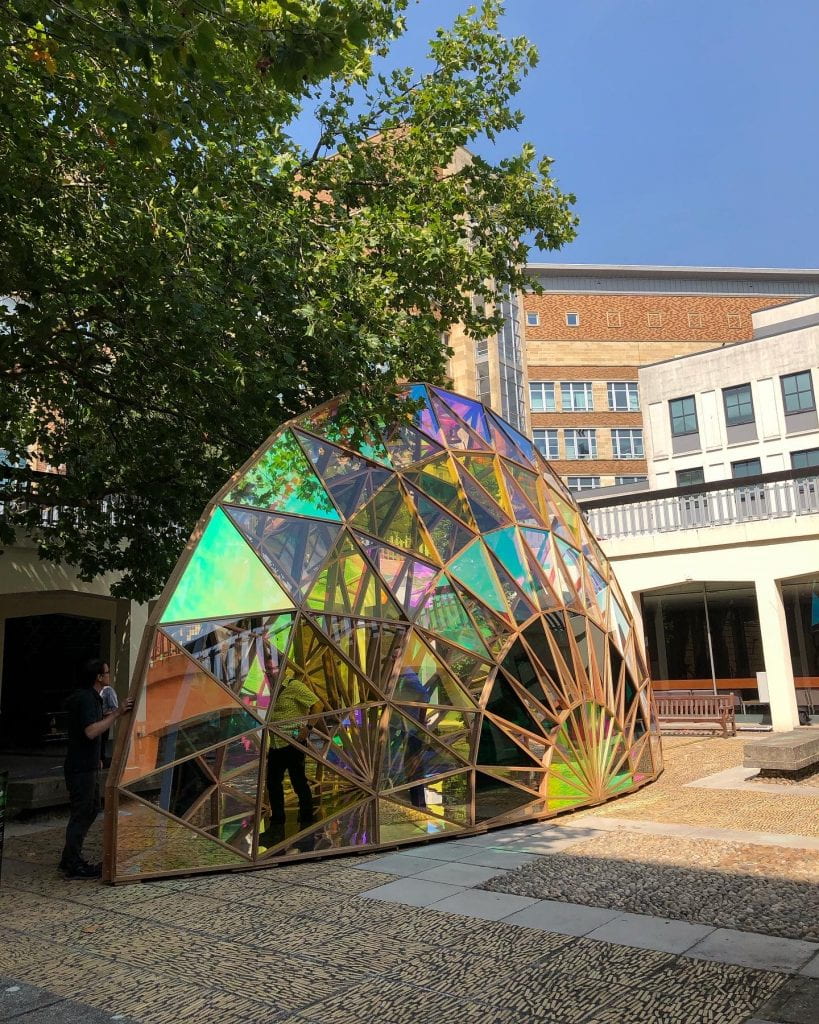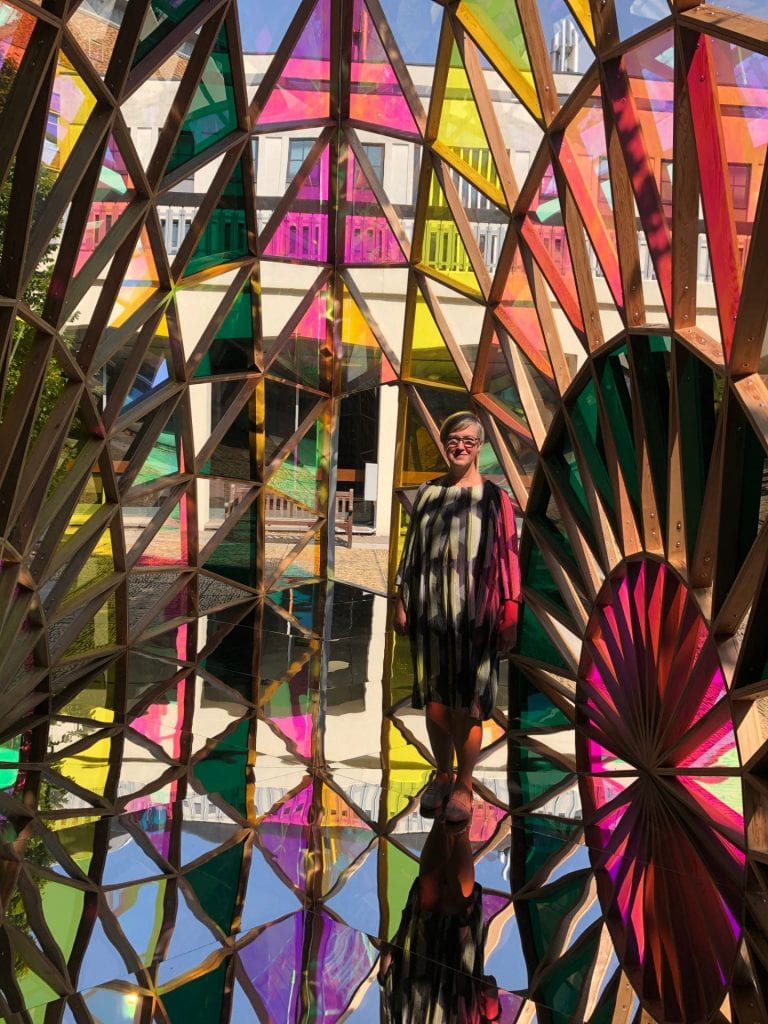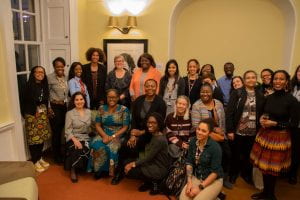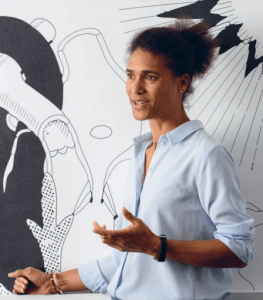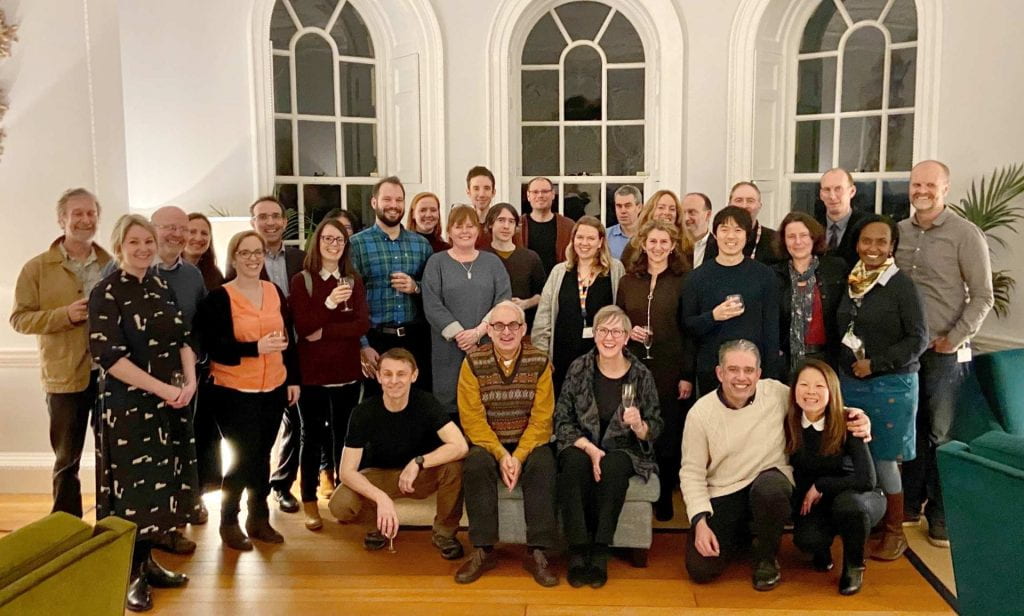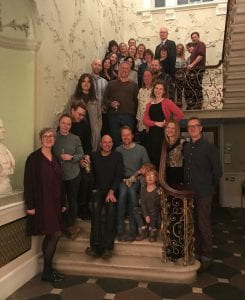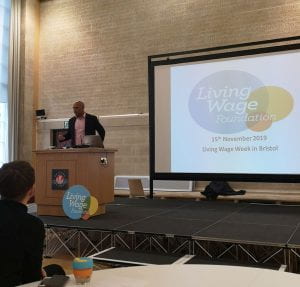The University of Bristol has been actively involved in addressing environmental and sustainability issues for many years.
I’m proud that we’ve made considerable progress at an institutional level including the provision of clean energy, the introduction of more responsible consumption practices, a significant reduction in carbon emissions (even pre-COVID), as well as wider progress across a host of other key areas aligned to UN Sustainable Development Goals.
We are also taking active steps to improve biodiversity across all 1,000 acres of our estate. For example, the Life Sciences Building, one of several buildings designed to foster biodiversity, has a ‘living wall’ along with two sedum roofs and bat and bird roosts. We have also received a ‘Bees Need’ champion award for the contribution of our meadows to bees and pollinating insects, and we are now committed to becoming a Hedgehog Friendly Campus as part of a national accreditation scheme funded by the British Hedgehog Preservation Society.
I am particularly proud that we were the first UK University to declare a climate emergency last year, reaffirming our strong commitment to act on climate change.
Sustainability must be rooted in all that we do – from our world-leading research, our teaching, and the way we operate as an institution – the concept underpins our aspirations to be a global civic university. We also want to use our position to raise awareness of sustainability and the climate emergency by other means, including through our art, our public engagement, and our presence in the City.
To that end, I’m delighted that internationally renowned Bristol-based artist Luke Jerram this week very generously donated his latest installation, ‘The Palm Temple’, to our University.
Many of you will be familiar with Luke’s past work including his ‘Museum of the Moon‘ installation; his ‘Park and Slide’ project, in which he turned Park Street into a giant water slide for one day; the ‘Impossible Garden‘ exhibition at our Botanic Garden; and ‘Gaia‘, which was hosted by the Cabot Institute for the Environment last year; and, of course, his street pianos installation ‘Play Me, I’m Yours‘, which has been presented in over 60 cities and enjoyed by more than 10 million people worldwide.
The Palm Temple, which is now permanently located outside the School of Chemistry, was originally commissioned by Sky Arts in Italy as a celebration of the 600th anniversary of Brunelleschi’s dome of Florence Cathedral (Duomo di Firenze). It is based on a spiralling lamella dome structure cut in half, with the two halves placed in parallel, like two palms of each hand coming together in prayer. However, while Florence Cathedral is a temple for contemplating God, this new artwork is designed for contemplating nature.
Made of cedar wood and dichroic panelled windows (a reference to the stained-glass windows of its Duomo di Firenze inspiration) The Palm Temple’s floor is mirrored to reflect the dome above, providing a surreal and spectacular experience from multiple vantage points.
Suspended in the apex of the dome is an ‘Extinction Bell’, which tolls once, 150 to 200 times a day, at random intervals, every 24 hours (a representation of the number of species lost every day according to a 2007 UN Environmental Programme). This provides us all with a poignant reminder of biodiversity loss and the impact of human activity on natural habitats around the world.
It is a real joy for us to accept this generous donation from Luke and the piece resonates so well with the shared values and research of colleagues and students across our University, and our City. In particular, its theme reflects the work of a number of our colleagues, including research by the Cabot Institute and the Urban Pollinators Project which is studying insect pollinators in urban habitats in the UK.
The Palm Temple is a truly remarkable and aesthetically beautiful work of art. Alongside our teaching, research and wider civic activities, I hope it helps engage different audiences across our City on the importance of sustainability – a public art installation for students, staff and the public to explore, reflect on and enjoy.


